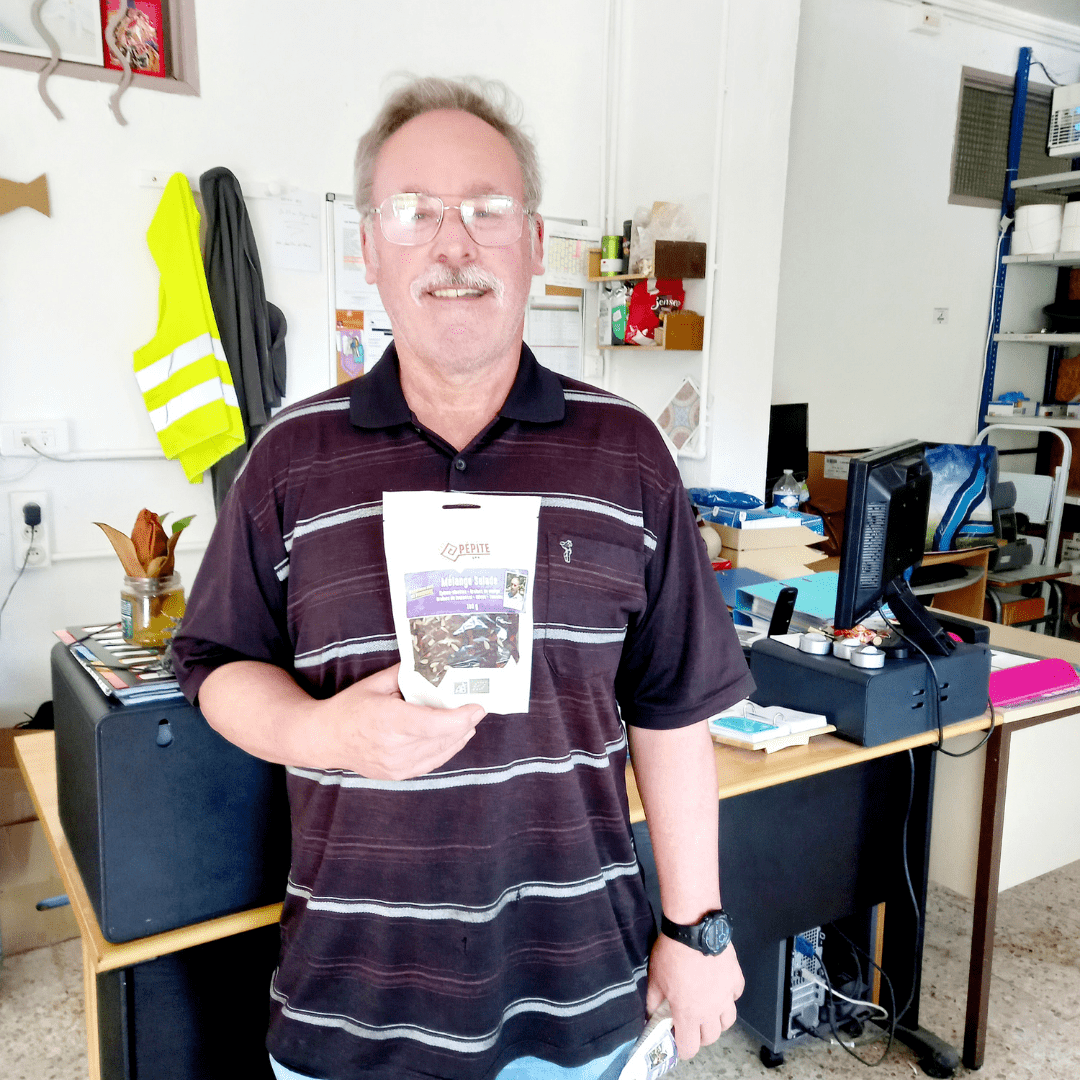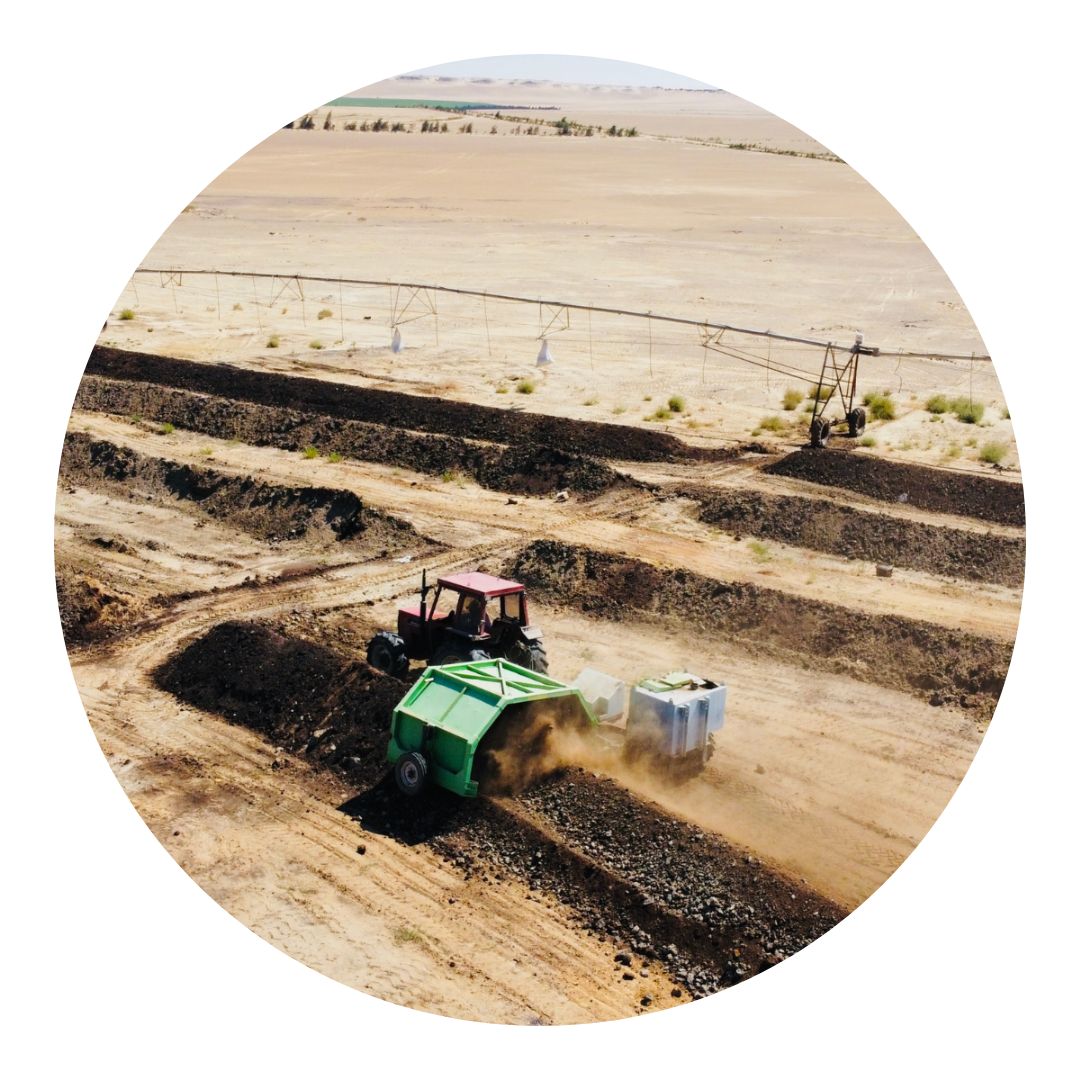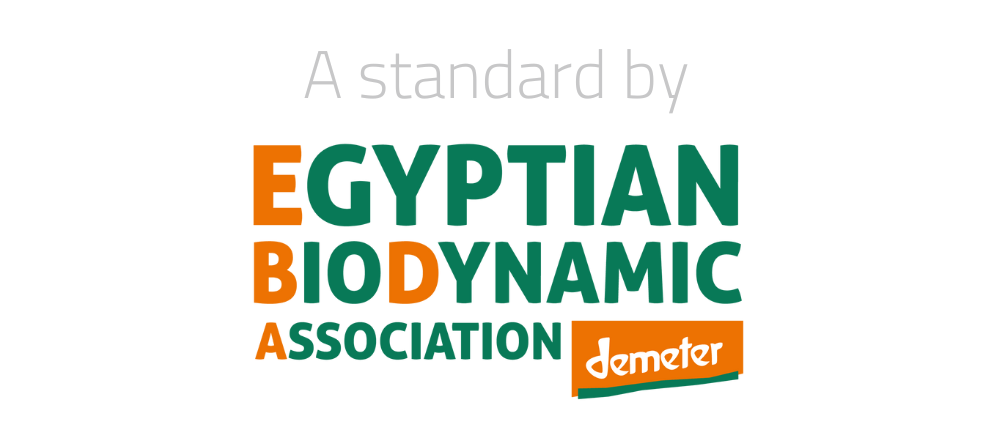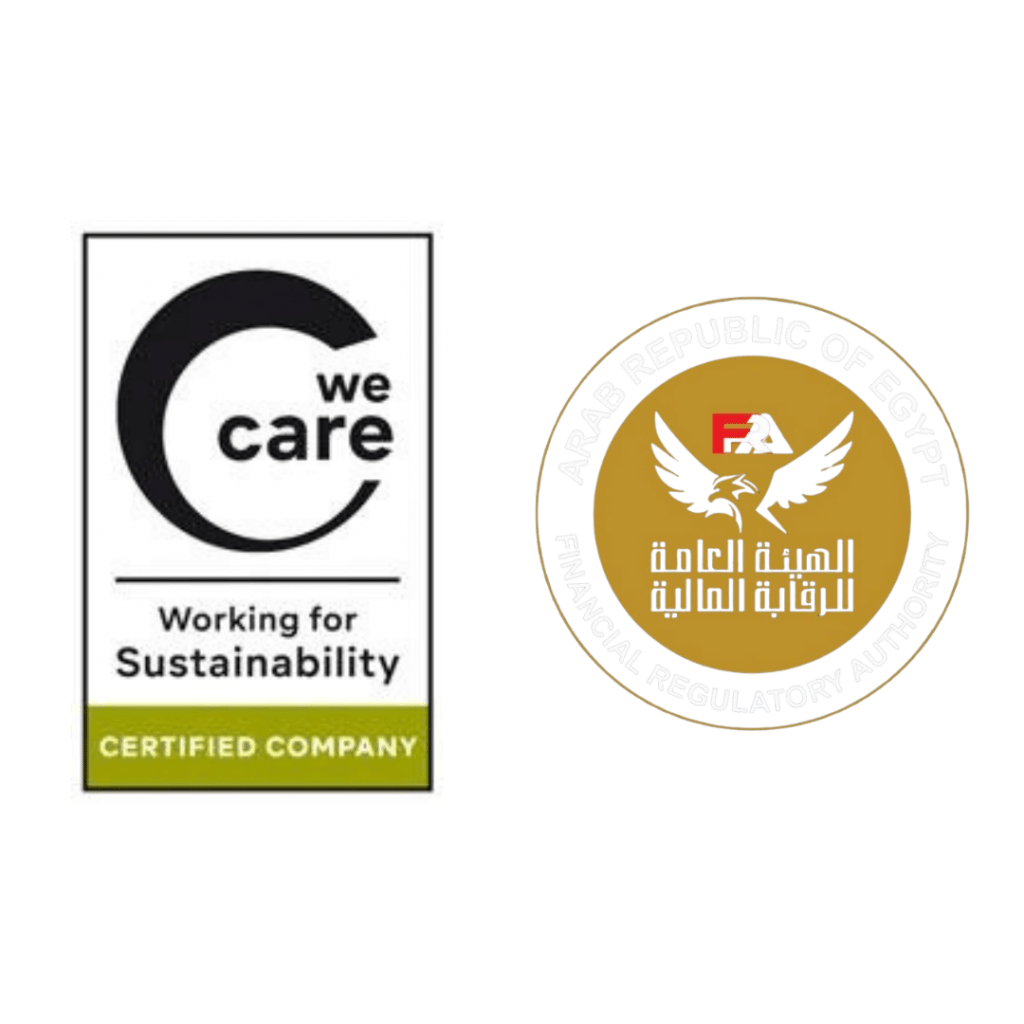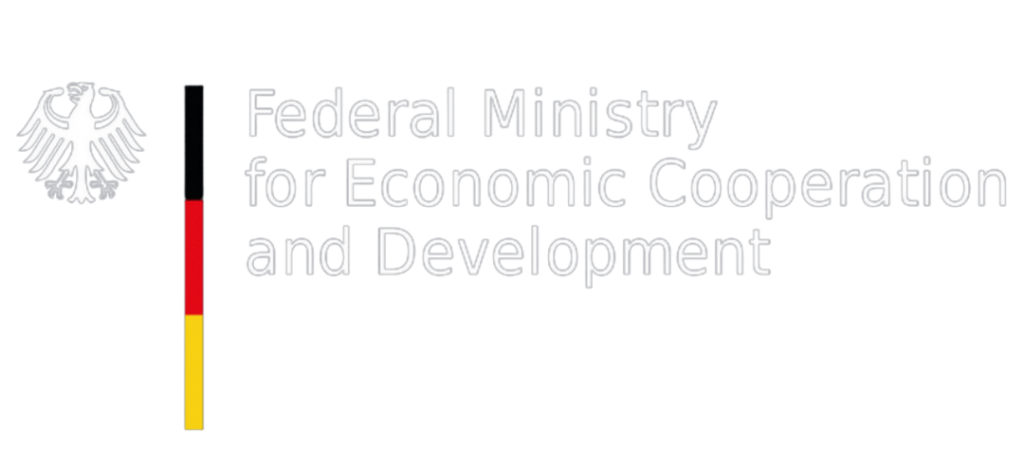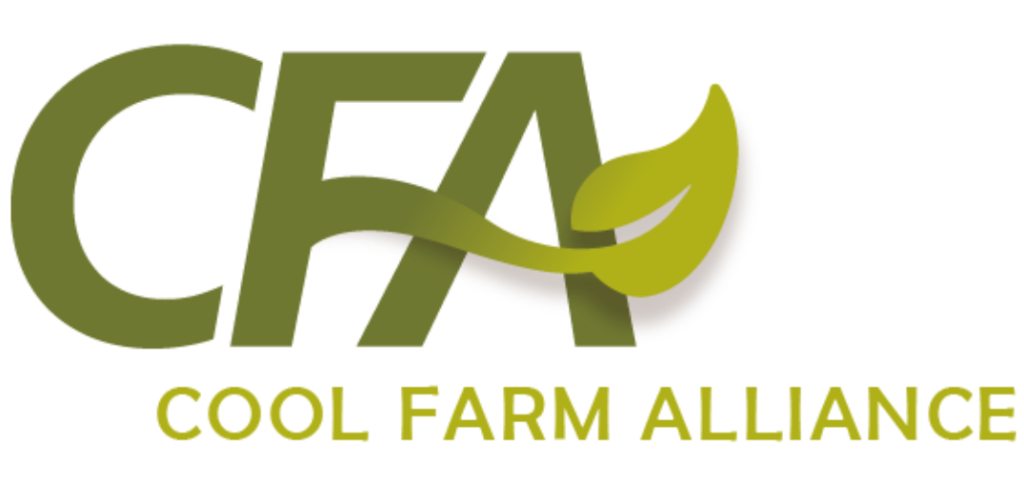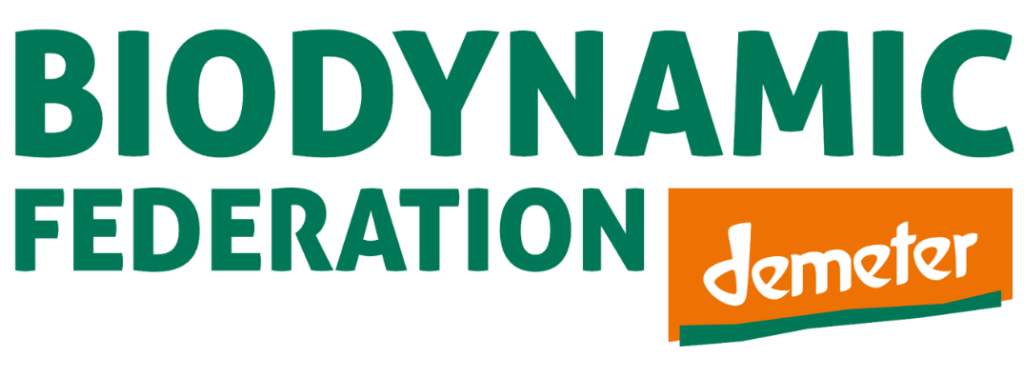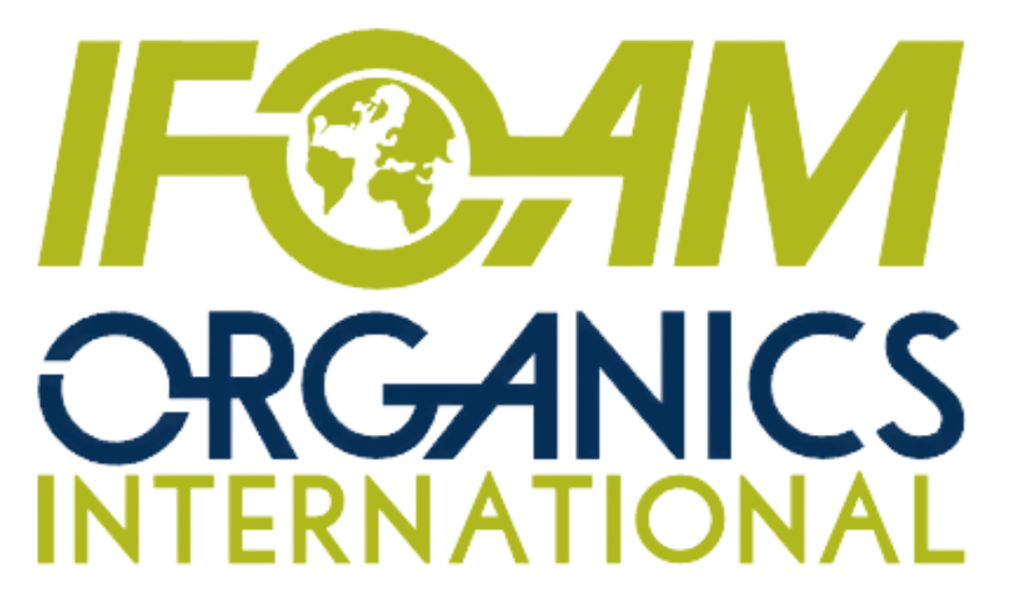Traceback your sesame
and explore your
impact on the people
and the environment

Creating a
FAIR ECONOMY
$ 8168
are invested in support of the small farmers of EoL to plant more trees.
Creating a
FAIR SOCIETY
100%
of the small farmers of EoL are provided capacity building and technical training on the methods of the biodynamic agriculture
Life Long Learning &
WELLBEING
10%
of the working time in Isis and Lotus factories is dedicated to art and self-development activities; to promote wellbeing and happiness at work.
Protecting the
ENVIRONMENT
10%
of cultivated farmland is dedicated to biodiversity, giving a home to bees, birds, and pollinators and creating a healthy farm ecosystem.
Farming
This sesame originated in Egypt, in locations along the Nile delta like Fayoum, Minia, Aswan, and more. It grows on Demeter and organic certified farms, following the holistic principles of Economy of Love for biodynamic agriculture.
The farms are treated as a whole organism in which each element of the farm contribute to its well-being. Plant waste and animal manure are treated into compost that boosts the regenerative ability of the soil and humus formation.
Following biodynamic principles, the farms use biodynamic spray and compost preparations on the crop which boosts the quality and regenerative capacity of the soil
Economy of Love builds the capacity and expertise of the small farmer in biodynamic agriculture by linking them to associations that provide the guidance of agricultural engineers specialized in biodynamic agricultural methods.
Meet the Farmers
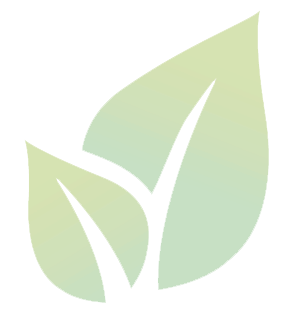
Get to the Source of Production
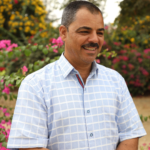
Tarek Waheed
Farmer in Giza, Egypt
Tarek Waheed is one of the pioneers in converting to biodynamic agriculture. He started back in 1997 by certifying his farm Demeter and is staying ahead of the game by certifying his farm EoL. Tarek embodies EoL concepts with his literacy initiative now reaching 25 women participants.
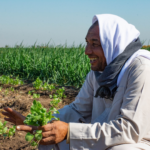
Abd El-Ghaffar
Farmer in Asuit, Egypt
Abd El-Ghaffar is a farmer growing Demeter-certified crops in the Nile delta. He’s been following the biodynamic agriculture methods for more than15 years.
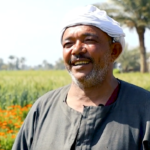
Gomaa Hassan
Farmer in Fayoum, Egypt
Gomaa Hassan has his own Demeter-certified biodynamic farmland in Fayoum, where he grows Sesame along with other crops. He’s been working in biodynamic agriculture for 24 years. This is why he believes in the importance of growing biodynamically, as it protects his family’s health and his land’s ability to regenerate itself.
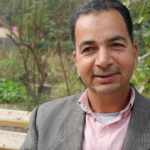
Mahmoud Rabiea
Farmer in Fayoum, Egypt
Mahmoud Rabea has two Demeter-certified farms; “Mahmoud Rabiea” and “El-Manashy” in the area of Fayoum. He’s been growing biodynamic sesame along with other crops since 2003. Mahmoud believes that an Economy of Love is what builds trust between him and the customer with transparency.
Processing
The sesame comes directly from the farm and arrives at Lotus company. Lotus does sample tests to ensure the organic and Demeter production of the sesame. Once it passes the test the sesame is then taken to be purified, sieved, and cleaned into raw sesame.
Lotus machines are currently running on non-renewable energy, but they have a plan to replace it with renewable energy to reduce their carbon footprint.
Lotus offsets its carbon emission by buying carbon credits from local sources that guarantee the support of small farmers.
As a processor of organic raw materials, lotus generates large masses of organic waste, that are being sent to compost sites to be turned into compost.
Processing
The raw sesame doesn’t have to travel far to reach iSiS factory, being close neighbors just across the street from each other. At iSiS the sesame is packaged in 5kg plastic bags that are then vacuumed and sucked of all the air ready to be sent to Agro Sourcing in France.
The plastic bags that the sesame is temporarily packaged in are made of non-recyclable plastic bags.
iSiS sells its recyclable no-organic waste to external recycling entities while reducing its waste. iSiS was able to reduce 77% of its no-organic waste as well as reducing 25% of its organic waste.
You will find confident and active women all around you when entering the iSiS factory. iSiS empowers women through sessions that build their capacity and teach them how to voice their needs and individuality.
Packing
Now the sesame arrives at Agro Sourcing in France. As sesame is an allergen it is sent to ESAT Les Cigales Jean Paour; a specialized facility for packing. After which the Agro Sourcing sesame is ready to be distributed throughout France.
The ESAT is employing 120 disabled people, with an aim to provide the opportunity to learn and develop their skills and gain independence through their jobs.
The establishment cares about equality and having a balance between the worker’s genders as they have 37 women and 83 men.
ESAT abide by the Economy of Love code of conduct, with a special attention that goes into their employees well being.
Packaging Material
The packaging material has as big of an impact on the environment as the product processing that cannot be neglected.
The raw sesame is packaged in bags made of a mixture of paper and polyethylene, with more than 50% of it being paper. They choose this material to have the least environmental impact while also maintaining the quality of the sesame
The packaging is made from a recyclable FSC certified material, sourced from a company called Deltasacs located in france
The packaging is not only about the material but also the design. Agro Sourcing displays a beautiful appreciation towards the farmer’s hard work by showcasing a picture of one of the sesame farmers on their package.
Distribution
The sesame is distributed all over France; in organic retailers, independent shops, bulk shops and organic e-shops.
The sesame is first transported from Egypt to Marseille harbor in France using sea freight, to minimize their carbon footprint, and then by trucks to Agro Sourcing facilities.
Agro Sourcing is actively taking action towards reducing their transportation emissions through the optimization of their logistic plans. That includes having a central delivery point in France, and order preparation facilities in Lyon.
Agro Sourcing is currently working on soft mobility testing on the last kilometers to reduce their carbon emissions.
Check out where your product has been!
Eraky Farm
Abd El-Ghaffar Farm
El-Gezerah Farm
Mahmoud Rabie Farm
El Manashy Farm
Agro Sourcing
ESAT Les Cigales Jean Paour
Packaging facility
Meet the Employees

The people who processed, packaged and distributed your product
Hassan
Factory Engineer in Lotus
Hassan is in charge of the raw cleaning and packing machine in the processing facility of Lotus. Since 17 years he is working in Lotus and enjoys that work here is combined with culture program.
Marwa
Quality Manager in IsIs
Marwa has been working in the tea department of IsIs factory for more than 8 years. Together with her husband and two children she lives on the Sekem mother farm.
Patrick
worker at ESAT LES CIGALES
Patrick with a preference for sensing crunchy mixes is one of the oldest employees at Esat Les Cigales and is the right hand of Agro Sourcing being one of the people who saw all the developments of the workshop throughout the years. He controls the goods process from delivery, filling and more.
Claude Hervé
workshop instructor at ESAT LES CIGALES
Claude’s typical day as a monitor is open the workshop, make a quick observation to know the work situation, distribute the tasks, and also contact the customers on a daily basis.
What is the True Price?

Are there hidden costs that the price doesn't reflect?

True Price Comparision
Sustainably and ethically produced products add value to society and the environment. However, when comparing prices, we don’t take into account the long-term and externalized impact of the products we purchase.
When calculating and comparing the true price of the product we don’t consider the long-term impact of the product. For example, the cultivation of this sesame produces around 0.39 kg Co2-eq per kilo of sesame, costing society up to 0.044 USD/Kilo.
We encourage you to compare products based on their true price; the price that reflects the hidden costs that we and future generations eventually pay for.


This cultivation of the Sesame emits up to
0.2
Kg Co2-eq/package
Examples of Hidden Costs
Costs that are not reflected on the price tag, but are eventually paid by society
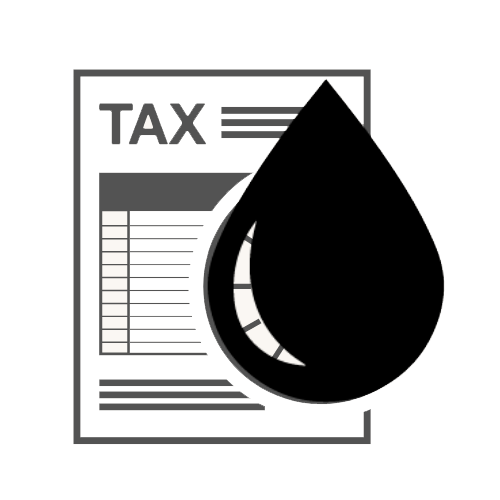
WATER
REPROCESSING COST
Society is paying taxes to clean water sources from agriculture’s chemical fertilizers, pesticides and herbicides, as well as the irresponsible disposal of wastewater from factories, in order to make it usable/drinkable water.

HEALTH COSTS
Society has to bear the long-term cost caused by disruptive agriculture e.g. soil erosion, desertification, loss of biodiversity.
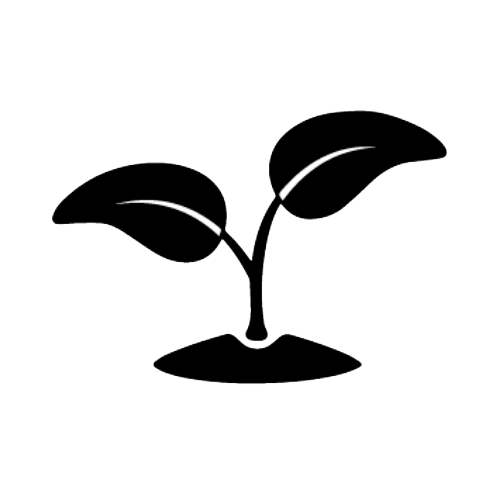
ENVIRONMENTAL
DAMAGE
Society has to bear the long-term cost caused by disruptive agriculture e.g. soil erosion, desertification, loss of biodiversity.
Locations
Check out the locations of all the farms, companies who were involved in making this product!
discover the origin of your product
Eraky Farm
Abd El-Ghaffar Farm
El-Gezerah Farm
Mahmoud Rabie Farm
El Manashy Farm
We hope this information helped you Choose Your Impact and make mindful purchasing decisions that leave a positive impact on people and the environment!
Interested to know more about the companies above? Click here to download the SEKEM Sustainability Report






